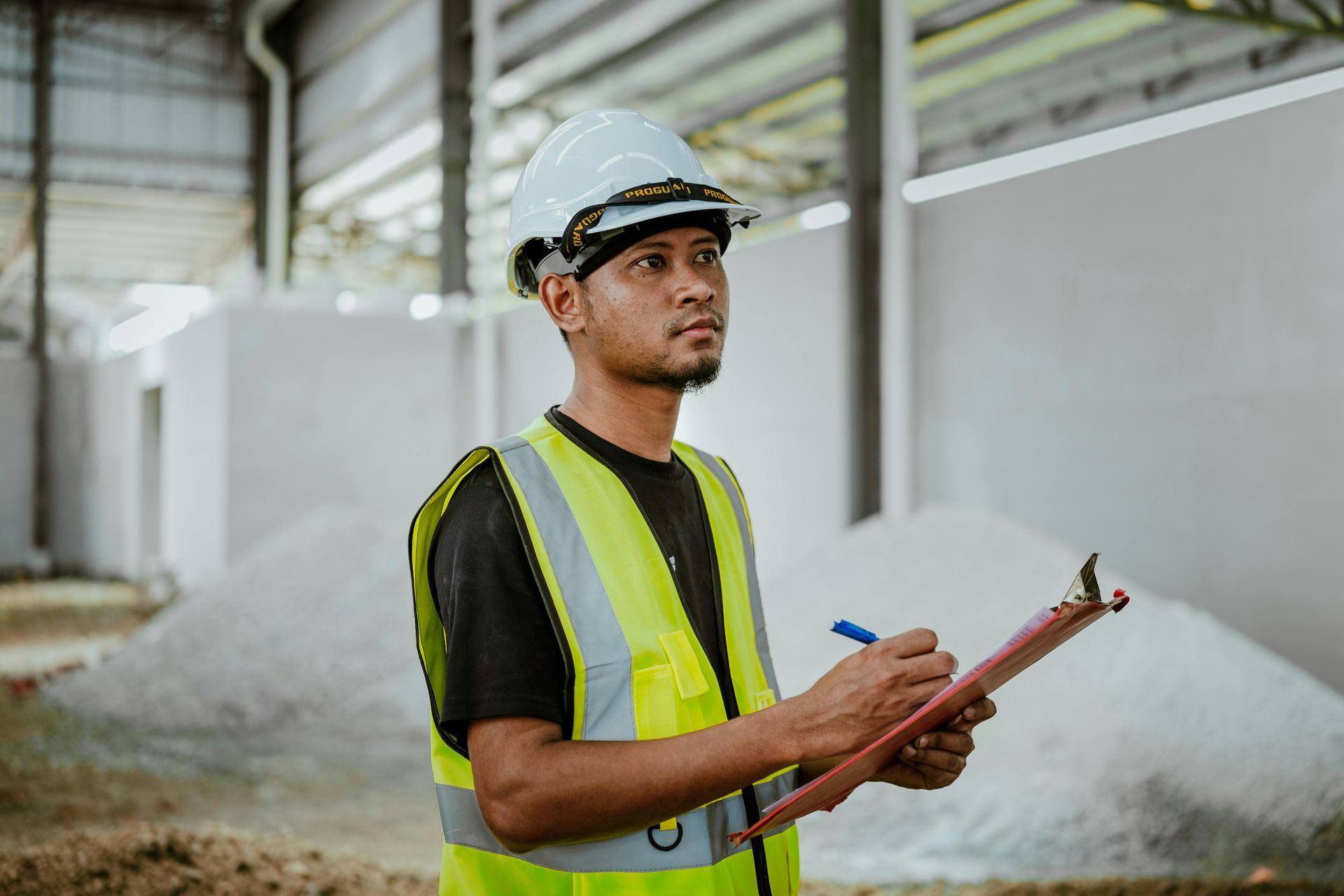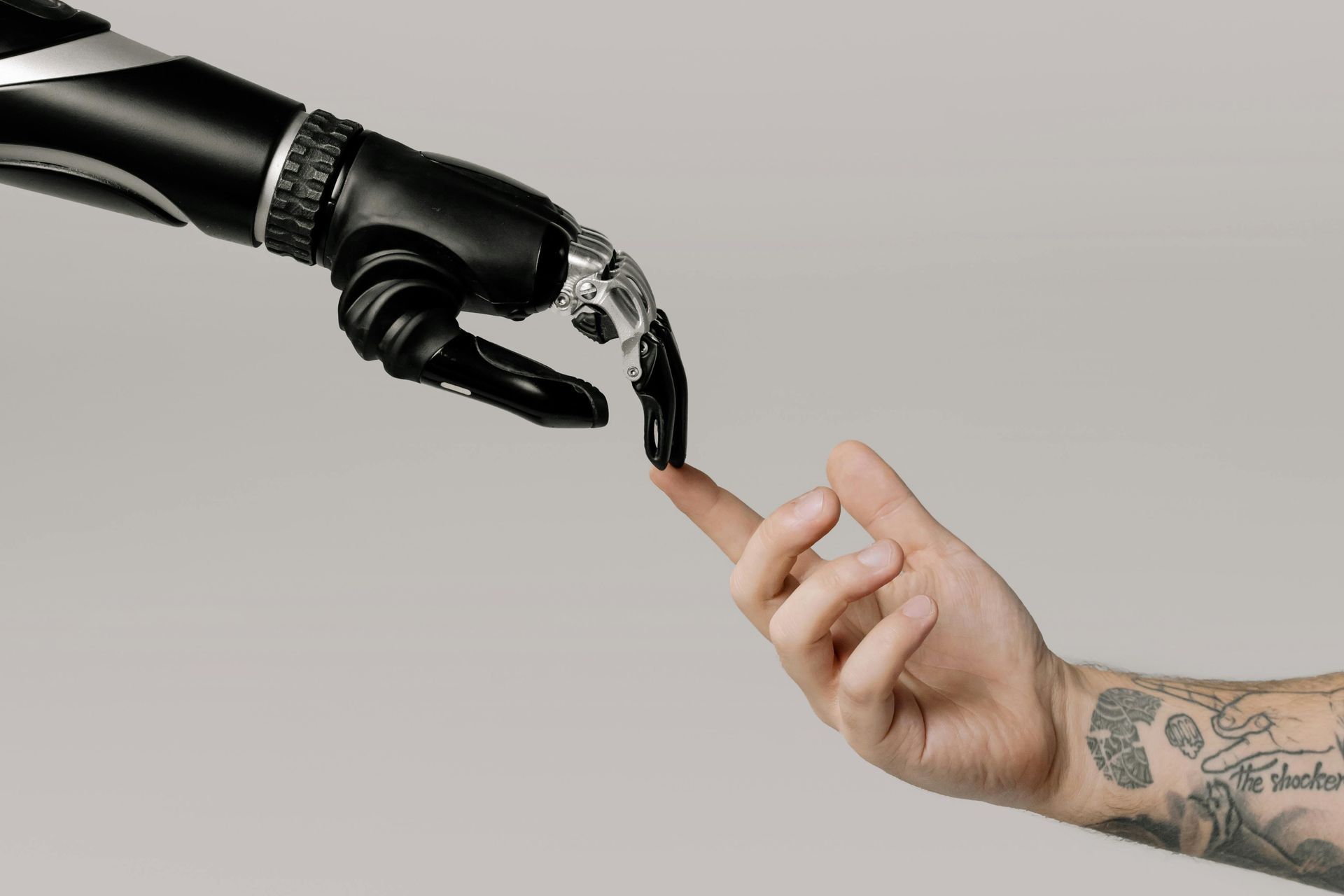Latest info updating...
Digital Transformation in the Manufacturing Industry: A New Era of Innovation
In the 21st century, digital transformation has revolutionized industries across the board, and the manufacturing sector is no exception. The integration of digital technologies into traditional manufacturing processes is driving the fourth industrial revolution, often referred to as Industry 4.0. This shift toward a more connected, intelligent, and data-driven manufacturing ecosystem is enhancing efficiency, boosting productivity, and creating entirely new business models.
Let’s explore how digital transformation is reshaping the manufacturing industry and what it means for companies striving to stay competitive in this fast-evolving landscape.
The Rise of Smart Manufacturing
Digital transformation in manufacturing is underpinned by the adoption of smart manufacturing technologies. This includes the use of advanced data analytics, the Internet of Things (IoT), artificial intelligence (AI), and cloud computing. These technologies work together to create intelligent systems capable of automating production lines, predicting equipment failures, and optimizing operations in real time.
For instance, IoT sensors placed on machinery can monitor equipment health, providing manufacturers with critical data to prevent breakdowns and improve overall equipment effectiveness (OEE). By analyzing these data streams using AI algorithms, companies can predict maintenance needs and avoid costly downtimes, improving operational efficiency.
The integration of IoT sensors, AI-powered analytics, and automated systems is enabling real-time monitoring, predictive maintenance, and optimized workflows. At Optimyze LLC, we help you deploy smart manufacturing solutions tailored to your production needs, ensuring operational excellence and minimizing downtime.
Enhanced Supply Chain Visibility
Supply chain management is one of the areas seeing significant improvements from digital transformation. Traditionally, manufacturing supply chains have been complex and difficult to manage due to their global nature and dependency on various suppliers. However, digital twin technology and blockchain are now giving companies real-time visibility into every part of their supply chain.
With digital twins, manufacturers can create virtual replicas of their physical processes, enabling them to simulate different scenarios and optimize their supply chain operations. Blockchain, on the other hand, provides a transparent and tamper-proof ledger that can track goods from the factory floor to the end customer, ensuring traceability and accountability.
Customization and Agility with Digital Manufacturing
Customer demands are changing rapidly, and companies must adapt to this new reality. Consumers today expect more personalized products, faster delivery times, and greater flexibility. Digital manufacturing—enabled by technologies such as 3D printing, computer-aided design (CAD), and additive manufacturing—allows manufacturers to meet these expectations.
By digitizing the design and production process, companies can offer highly customized products at scale. For example, 3D printing technology can produce one-off or short-run production runs without the need for expensive molds or tooling. This not only reduces costs but also allows companies to bring new products to market much more quickly.
Data-Driven Decision Making
One of the most transformative aspects of digital transformation is the ability to make data-driven decisions. In a digital manufacturing environment, every machine, process, and product generates vast amounts of data. This data, when properly analyzed, provides valuable insights that help manufacturers make better, faster, and more informed decisions.
By using big data analytics, manufacturers can identify patterns in production, detect inefficiencies, and optimize workflows. For instance, real-time data analysis can show exactly where bottlenecks are occurring in the production line, allowing managers to address issues before they escalate into larger problems.
Sustainability and Digital Transformation
Sustainability is becoming a critical focus for manufacturers as regulations tighten and consumer expectations evolve. Digital transformation helps manufacturers reduce their environmental footprint through energy-efficient technologies, optimized resource management, and waste reduction initiatives.
IoT-enabled energy monitoring systems allow companies to track energy consumption across their facilities, identifying areas where energy is wasted and implementing changes to reduce consumption.
Additionally, predictive maintenance helps reduce equipment wear and tear, extending the life of machinery and minimizing waste.
Challenges and Considerations in Digital Transformation
While digital transformation offers numerous benefits, the journey is not without its challenges. Many companies face barriers such as:
- Legacy systems: Upgrading or replacing outdated technology can be costly and time-consuming.
- Skills gap: Workers need to be trained in new technologies and processes.
- Cybersecurity: Increased connectivity opens the door to cyber threats, requiring manufacturers to invest in robust security measures.
- Cultural resistance: Employees may resist change, making it crucial for leaders to communicate the benefits of digital transformation and foster a culture of innovation.
Manufacturers must carefully plan their digital transformation strategy, ensuring that they invest in the right technologies, train their workforce, and address potential security risks.
The Future of Digital Transformation in Manufacturing
As digital transformation continues to evolve, the manufacturing industry will see even more advancements in the coming years. Emerging technologies such as 5G, edge computing, and quantum computing are set to further revolutionize the sector by enabling faster data processing, more reliable connectivity, and enhanced computational power.
In the future, we can expect fully automated and self-optimizing factories where machines communicate seamlessly, production is entirely demand-driven, and sustainability is built into every step of the process. Companies that embrace digital transformation today will be well-positioned to thrive in this future landscape.


